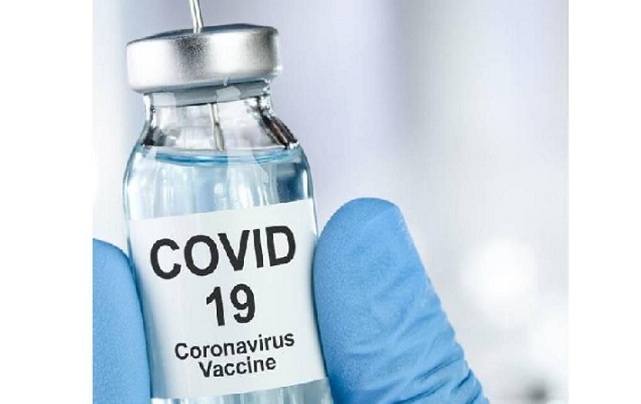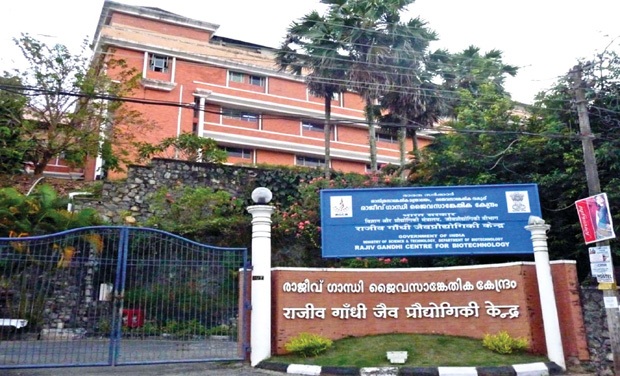Pharma News
Get the latest news from world and India’s leading pharmaceutical companies Pharma Industry, pharmaceutical marketing, generic drugs, and Complete news for Pharmacy and Life Sciences professionals.
-
-

The swell of novel coronavirus appears not abating. In just a few months from the outbreak, it has reached around 210 countries, took lives of more than one lakh people. The numbers are climbing. In an effort to place a hurdle before the runaway train, scientists across the globe are racing to develop a drug that can cure or a vaccine that stop its spread.
-

Researchers at Rajiv Gandhi Centre for Biotechnology (RGCB), Thiruvananthapuram are in the final stages of developing a kit that promises to help detect SARS CoVID-19 infection as early as four days post-infection of the virus.
-

The Food and Drug Administration (FDA or the Agency) plays a critical role in protecting the United States from threats such as emerging infectious diseases, including the Coronavirus Disease 2019 (COVID-19) pandemic. FDA is committed to providing timely guidance to support response efforts to this pandemic.
-

U.S. Food and Drug Administration approved Jelmyto (mitomycin gel), the first therapy to treat low-grade upper tract urothelial cancer (UTUC). Urothelial cancer is a cancer of the lining of the urinary system.
-

Sanofi and GSK announce that they have signed a letter of intent to develop an adjuvanted vaccine for COVID-19, using innovative technology from both companies, to help address the ongoing pandemic.
-

Despite the COVID-19 crisis, the Indian Pharmaceutical market registered a surprising growth of 8.9% in Mar’20 with some evidence of panic buying in Chronic Medicines as reported by AIOCD AWACS.
-

Indian scientists are working day and night to find solutions against the threat of Covid-19. Scientists from Central Salt and Marine Chemical Research Institute (CSMCRI), located in Bhavnagar, Gujarat, have developed a unique face-mask, which can destroy the virus.
-
-

Loss of smell and taste has been anecdotally linked to COVID-19 infections. In a study published April 12, 2020 in the journal International Forum of Allergy & Rhinology , researchers at UC San Diego Health report the first empirical findings that strongly associate sensory loss with COVID-19, the respiratory disease caused by the novel coronavirus.










